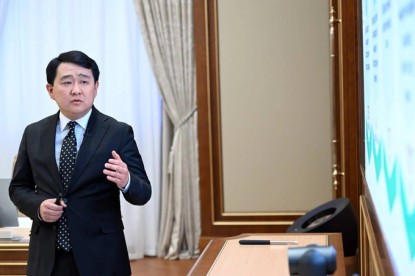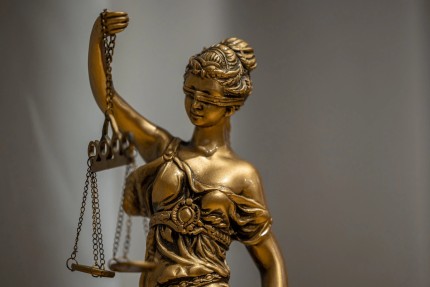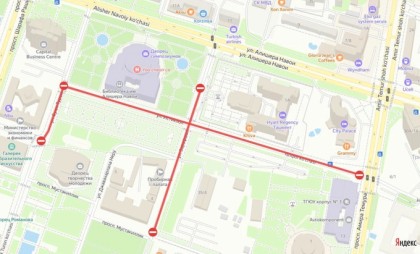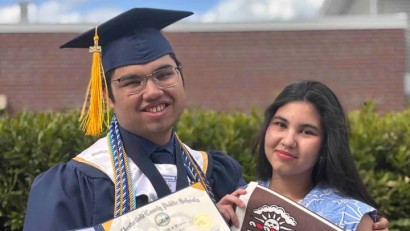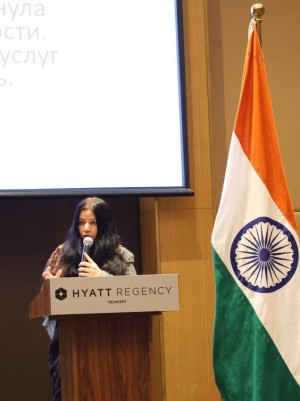On 15-16 March 2018, the European Union and the Republic of Uzbekistan held their 14th Subcommittee meeting on Justice and Home Affairs, Human Rights and related issues in Tashkent.
The meeting covered a wide range of topics, including on further advancing bilateral and regional cooperation.
Uzbekistan has undertaken an ambitious reform programme, and has reached out constructively to partners in the region and beyond. This includes Uzbekistan’s request to negotiate an enhanced Partnership and Cooperation Agreement with the EU as well as preparation of mutual high-level visits.
The Sub-Committee reviewed developments in Uzbekistan and in the EU related to human rights, democracy, justice and home affairs. Participants agreed on the important role of civil society in providing checks and balances and for the rule of law. The Sub-Committee discussed how to enable civil society organisations to fully perform their important role.
Uzbekistan presented progress made in rooting out child and forced labour in the cotton harvest, as recognised by the latest ILO Third-Party Monitoring Report. The EU side stressed that these efforts should be further pursued. The importance of continued monitoring and, more generally, cooperation with international and regional organisations, such as the UN, the ILO or the OSCE was acknowledged by all participants. Last year’s high-level visits from these organisations were positive developments and should now lead to further invitations, including to UN Special Procedures of the Human Rights Council, with a view to Uzbekistan’s Universal Periodic Review (UPR) in May 2018.
In spite of Uzbekistan's overall positive trend and further releases of prisoners of concern, persistent problems with freedom of expression, the penitentiary system, women’s rights and vulnerable populations remain. Individual cases were also discussed and the EU enquired about recent new arrests. Uzbekistan has made efforts to modernise relevant legislation, for example the reforms of the judiciary and security systems, the anti-corruption law and measures to improve the business climate.
The talks also included exchanges of views on issues such as violent extremism and radicalisation, illicit drugs, migration and border management. Cooperation and dialogue programmes such as BOMCA (Border Management in Central Asia) and CADAP (Central Asia Drug Action Programme), as well as the European Rule of Law Initiative for Central Asia provide important support to these policy fields.
In preparation for the Sub-Committee meeting, the EU met with representatives of Uzbekistani and international NGOs, EU Member States as well as other international partners.
The EU delegation was headed by Mr Boris Iarochevitch, Head of Division for Central Asia in the European External Action Service. The delegation of Uzbekistan was headed by Mr Ruslanbek Davletov, Minister of Justice.






